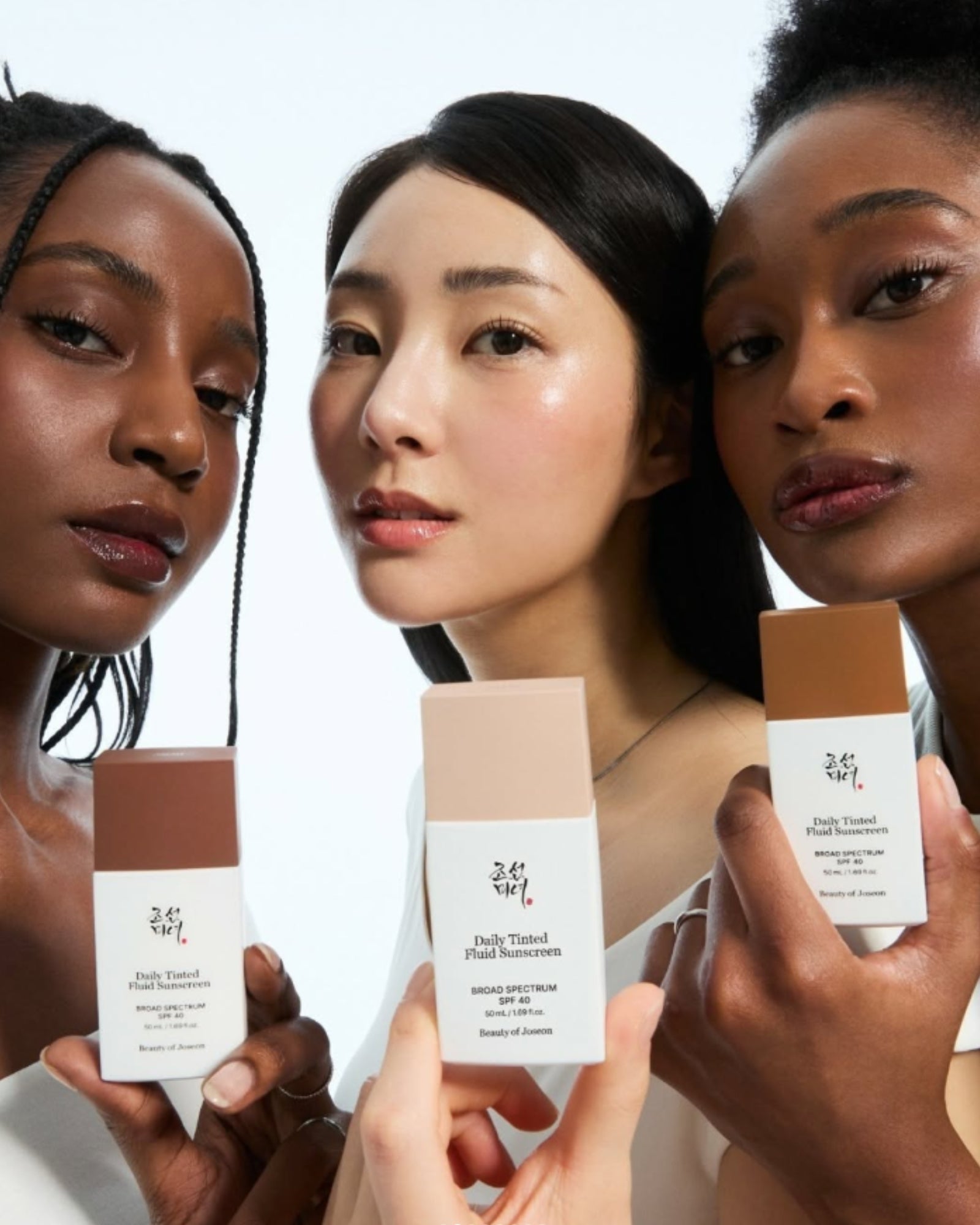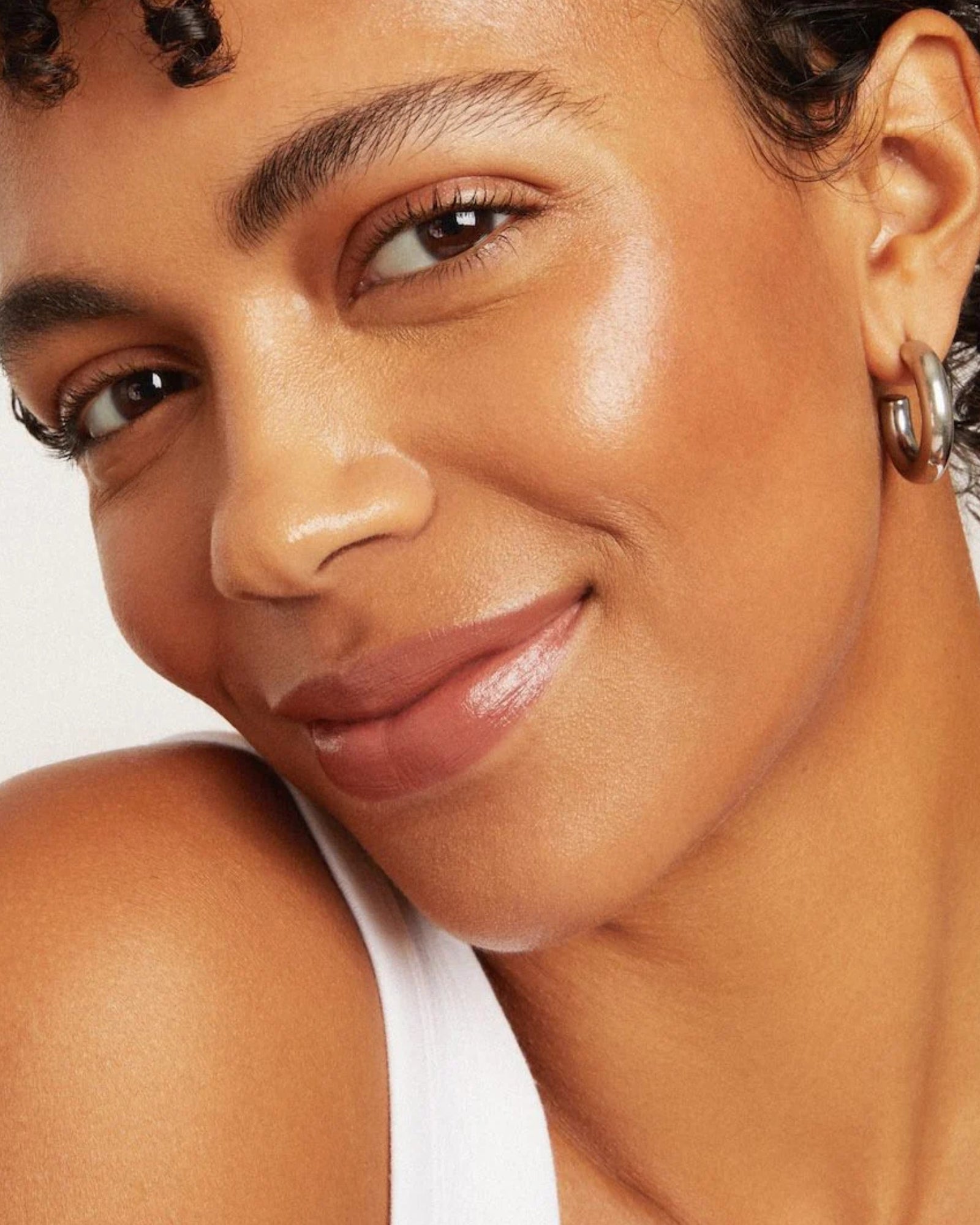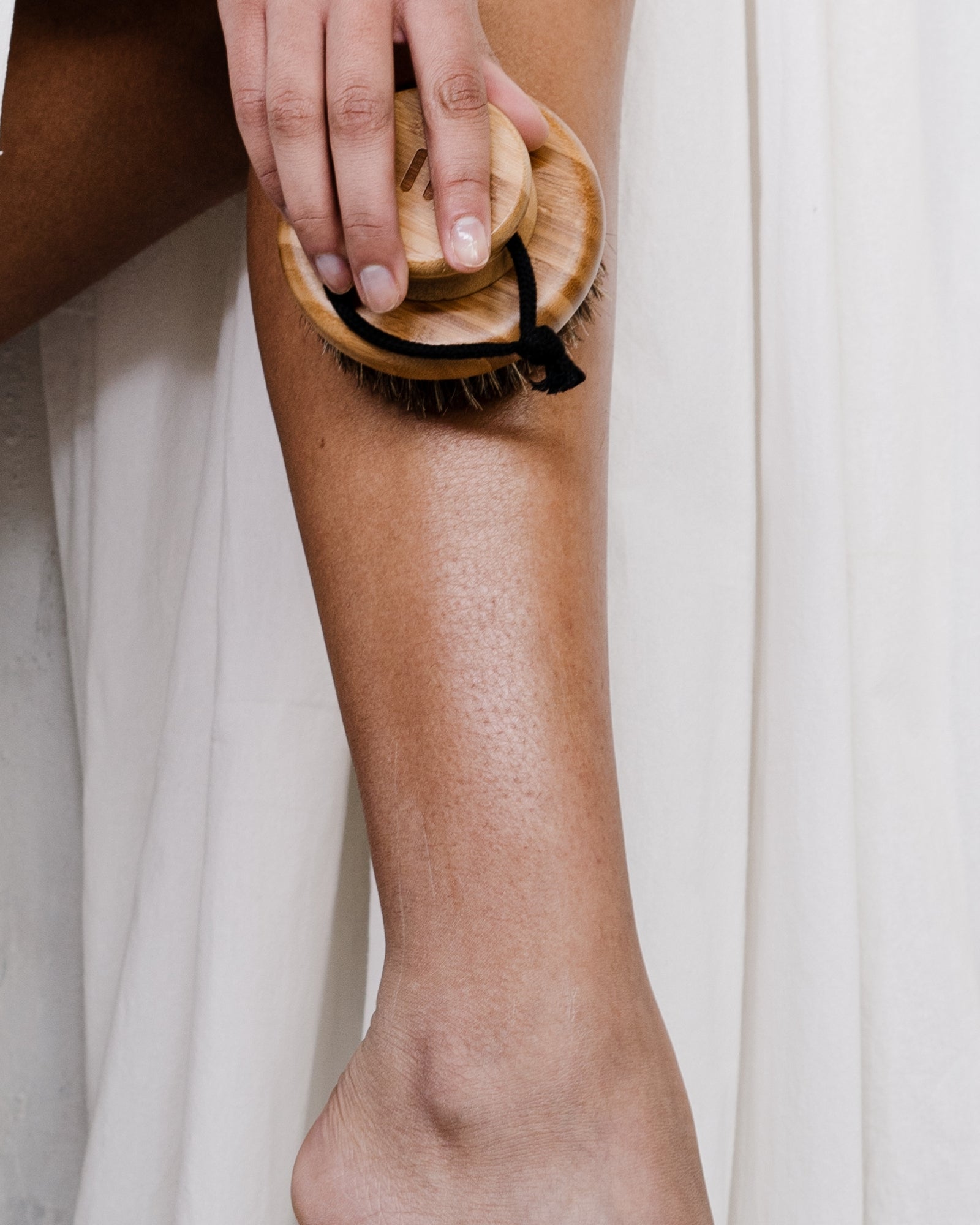Your Cart is Empty
Menu

LET'S TALK BBM (Big Beauty Mistakes)
by Kanvas Beauty February 14, 2022 3 min read

We talk a lot about what to do when it comes to skincare, but let's chat about the "don'ts". Through trial and error (so many errors), we've learned several lessons along the way about what to avoid when it comes to looking after our largest organ (yep, our skin). There are lots of well-known ones - like never going out without sunscreen, and making sure you patch test first before slathering a new product on yourself - but here are some that are less talked about (but no less important).

myth 1.
IT'S SAFE TO COMBINE ACTIVES, SO LONG AS YOU USE IT IN THE CORRECT ORDER
Even if our skin isn't sensitive, it can become that way by over-using active ingredients such as vitamins, peptides and acids. Using these in the correct order won't much difference (although it can impact the efficacy of your products). What we could recommend is easing the frequency of strong acid treatments and peels (especially AHAs) if your skin is ageing, prone to redness or sensitivity. And rather than combining vitamin serums, try using it like a course (e.g. use a vitamin C serum until it finishes, give your skin a couple of weeks' break, and then try a retinol serum until before moving back to vitamin C or changing it up to niacinamide. In between, load up on barrier serums, masks and creams to keep your skin happy.
myth 2.
THERE'S NO NEED TO WASH YOUR FACE IN THE MORNING
We can't stress this enough - always wash your face in the morning! Twice a day is the magic number. This is because bacteria, sweat and grime accumulate on your skin while you sleep. Simply splashing water on your face may not always be enough to leave it clean. Particularly if you have oily, textured or congestion-prone skin, we say oil cleanse, wash your face and swipe it with a pH-balancing toner before you use any serums, moisturizers and SPF. Here's a gross fact for you - a study found that our pillowcases can contain up to 39x more bacteria than pet-food bowls and several thousand times more bacteria than a toilet seat (ewww),
myth 3.
CONIDITONERS CAN BE APPLIED ON YOUR SCALP
As a general rule of thumb, conditioners should never be applied to your scalp. Conditioners are usually formulated for treating and moisturizing our hair (which is technically dead once it exits the scalp). Its ingredients are designed to coat and soften our strands, to improve their appearance and manageability. However,the same ingredients can also block the pores on our scalp, cause irritation and exacerbate dandruff. Hence, conditioners work best from mid-lengths to tips. If you need a bit of extra moisture on the scalp, your best bet is a scalp serum, tonic or rosehip oil.
myth 4.
YOU NEED TO CHANGE YOUR SKINCARE OFTEN OR IT STOPS BEING EFFECTIVE
This technically isn't true - your skincare doesn't stop being effective, but the biggest and most noticeable improvements are always at the start. Eventually, you may notice your routine's effect to be less dramatic. This doesn't mean it's stopped working - it simply means your skin is reaching peak performance! The other factor to keep in mind is that our skin changes all throughout our lives - and sometimes within the year, depending on what season it is or how much stress you're under. Tweaking your routine here and there to suit your environment and your skin's needs at the time is the way to go. What might be awesome in peak winter may not look as good in the middle of a hot, humid summer.
myth 5.
NATURAL INGREDIENTS ARE ALWAYS BETTER
This is true sometimes, but not always! The best skincare is generally a blend of high quality synthetic ingredients as well as natural ingredients. For example, lemon juice is 100% natural, but not great on your face. Antioxidants can be both synthetic or natural, but both types are just as effective in protecting your skin. Interestingly, skin can be sensitive to natural fragrances (i.e. essential plant oils) but be totally fine with added synthetic fragrance (e.g. perfume). Hence, when it comes to your skincare, what's better really depends on your skin and your needs.
Leave a comment
Comments will be approved before showing up.
Also in Kanvas Kult Blog

Beauty of Joseon Daily Tinted Fluid Sunscreen Review
by Kanvas Beauty February 13, 2025 5 min read
Our honest Beauty of Joseon Daily Tinted Fluid Sunscreen Review.
Shields like SPF, looks like tint, feels like skincare. That's the tagline of Beauty of Joseon's new Skin Tints and ahhh it sounds so good! We were lucky enough to receive promotional samples from the brand, and here's what we thought (TDLR; it's freaking amazing and we can't wait to stock it).

My Axiology Fungdation Review (with swatches)
by Kanvas Beauty February 11, 2025 5 min read
An honest Axiology Foundation Review.
We saw the promo for Axiology's new mushroom-infused foundation. It's called Fungdation and it looked so good! Kellie couldn't wait to try it. Here's what she thought, as well as pics on how it looks on the skin. TLDR; it isn't for everyone, but which foundation is? If your skin type and texture preference matches the Fungdation profile, you'll never look back.

How to get rid of Strawberry Skin on legs
by Kanvas Beauty January 29, 2025 5 min read
Got Strawberry Skin on your arms and legs?
Harmless but annoying, 'strawberry skin' usually arises after shaving or some form of hair removal that exposes the hair follicle or a clogged pore to oxidization (thereby turning it dark). It could also be an excess buildup of skin or keratin around the hair follicle (i.e. keratosis pilaris).Honing in on what triggers it for you is the key to preventing it in the future - along with the right skincare routine.
BROKE AF!? WANT $20 OFF YOUR FIRST ORDER?
BECOME A KULT MEMBER AND JOIN THE PINK SIDE
💗
Join us for even more rewards, discounts, freebies and a special surprise on your birthday!
